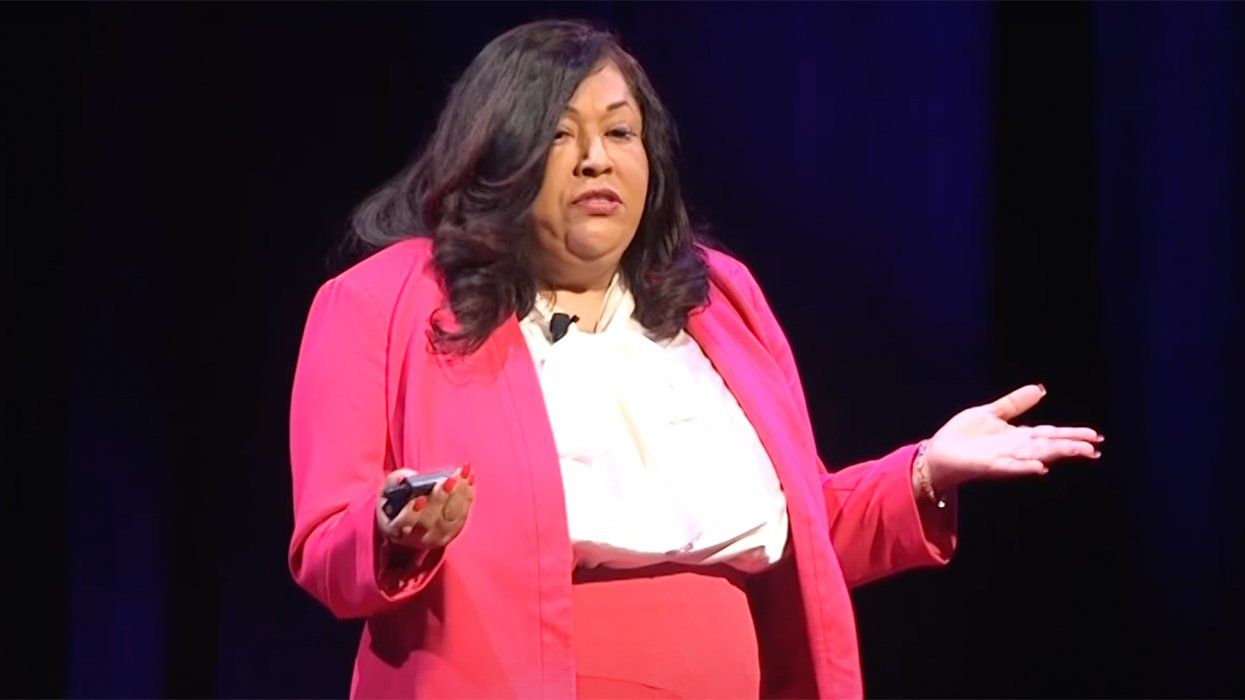A federal judge ruled Tuesday that Ruby Corado, the founder of Casa Ruby, an LGBTQ+ nonprofit that served young and homeless queer and trans people in Washington, D.C., can await trial at her niece’s home under specific conditions ensuring her presence during the trial. Corado faces charges related to bank and wire fraud and money laundering concerning pandemic-relief funds acquired for her LGBTQ+ nonprofit.
Related: Founder of D.C. LGBTQ+ nonprofit Casa Ruby arrested in Maryland after fleeing to El Salvador
Corado was previously detained in solitary confinement within the men’s section of the D.C. jail, which had sparked concerns about the systemic challenges faced by transgender individuals in custody. As a transgender woman, concerns about sexual assault in the facility had forced her into staying in a cell alone for nearly 24 hours a day. Corado’sr attorney, federal public defender Diane Shrewsbury, highlighted the adverse effects of such confinement on Corado’s wellbeing in court documents.
In response to The Advocate’s inquiries, the D.C. Department of Corrections said it's committed to accommodating a person's gender identity within its facilities. “Ms. Corado has indicated her preference to be housed in a male unit. To ensure her safety, Ms. Corado has been housed in a single cell since her arrival,” a DOC spokesperson said.
The department’s director, Thomas Faust, emphasized that housing is determined by the incarcerated individual in a statement to The Advocate.
“DC DOC accommodates transgender, intersex, and gender nonconforming residents in either male or female units based on their preference unless otherwise recommended by the Transgender Housing Committee,” Faust wrote. “DOC is proud to have a progressive and inclusive housing policy that prioritizes the safety and wellbeing of our LGBTQ+ residents.”
According to the policy, accommodations begin at intake, with staff expected to respectfully inquire about an inmate’s self-identified gender to ensure safety and security in initial housing assignments.
Corado will reside at her niece’s house, where she will be monitored around the clock with GPS, ensuring her compliance with the court’s conditions. Additionally, she will remain without a passport – while she doesn’t hold a U.S. passport, court documents say she was required to give up her El Salvadorian passport when she was arrested.
The allegations against Corado, detailed in the criminal complaint and supported by an FBI affidavit, outline the alleged fraudulent acquisition of government-supported loan programs’ funds and their diversion to personal bank accounts outside the United States. Corado’s recent arrest in Maryland followed her return to the United States from El Salvador, where she had been amid a civil action against the nonprofit she founded.
In legal filings, Shrewsbury pointed to Corado’s deep ties to the D.C. area and her lifelong commitment to assisting the LGBTQ+ community as factors arguing against her posing a flight risk. “Ms. Corado has no reason to flee. In fact, she has every reason to remain in the United States to fight this case,” Shrewsbury’s motion noted.


















































